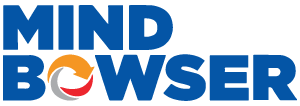Healthcare is undergoing a significant transformation, with a growing focus on proactive care rather than reactive treatment. One of the most powerful ways to improve patient outcomes, reduce long-term healthcare costs, and enhance overall care is through early detection and patient engagement.
However, despite the importance of early identification of medical and behavioral health conditions, many healthcare systems still face barriers to achieving this.
In this blog, we’ll explore why early health screenings are crucial, the role of patient engagement in improving outcomes, and how healthcare providers can integrate these practices into their workflows for a more proactive and efficient healthcare system.
Early detection has long been recognized as a cornerstone of effective healthcare. When conditions are identified at an early stage, patients have a higher chance of successful treatment and long-term management. By catching conditions such as chronic diseases, developmental delays, or mental health issues early, healthcare providers can intervene sooner, leading to better health outcomes and reduced costs down the line.
For example, early diagnosis of conditions like diabetes, hypertension, and mental health disorders can help prevent complications that would otherwise require expensive and intensive treatments. Early interventions improve quality of life and significantly reduce the long-term burden on healthcare systems.
Unfortunately, many healthcare systems still rely on traditional methods of screening that can be time-consuming, inefficient, and reactive. With the rise of modern technology, there’s a tremendous opportunity to integrate more efficient, proactive, and accessible early detection tools into healthcare workflows.
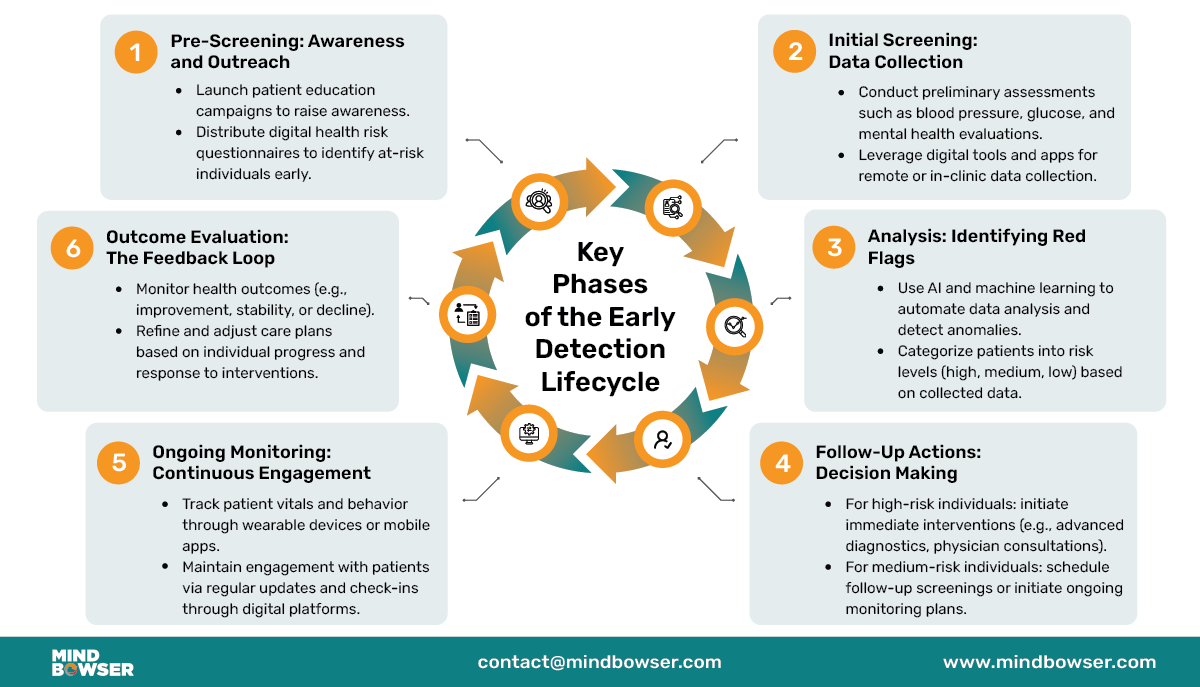
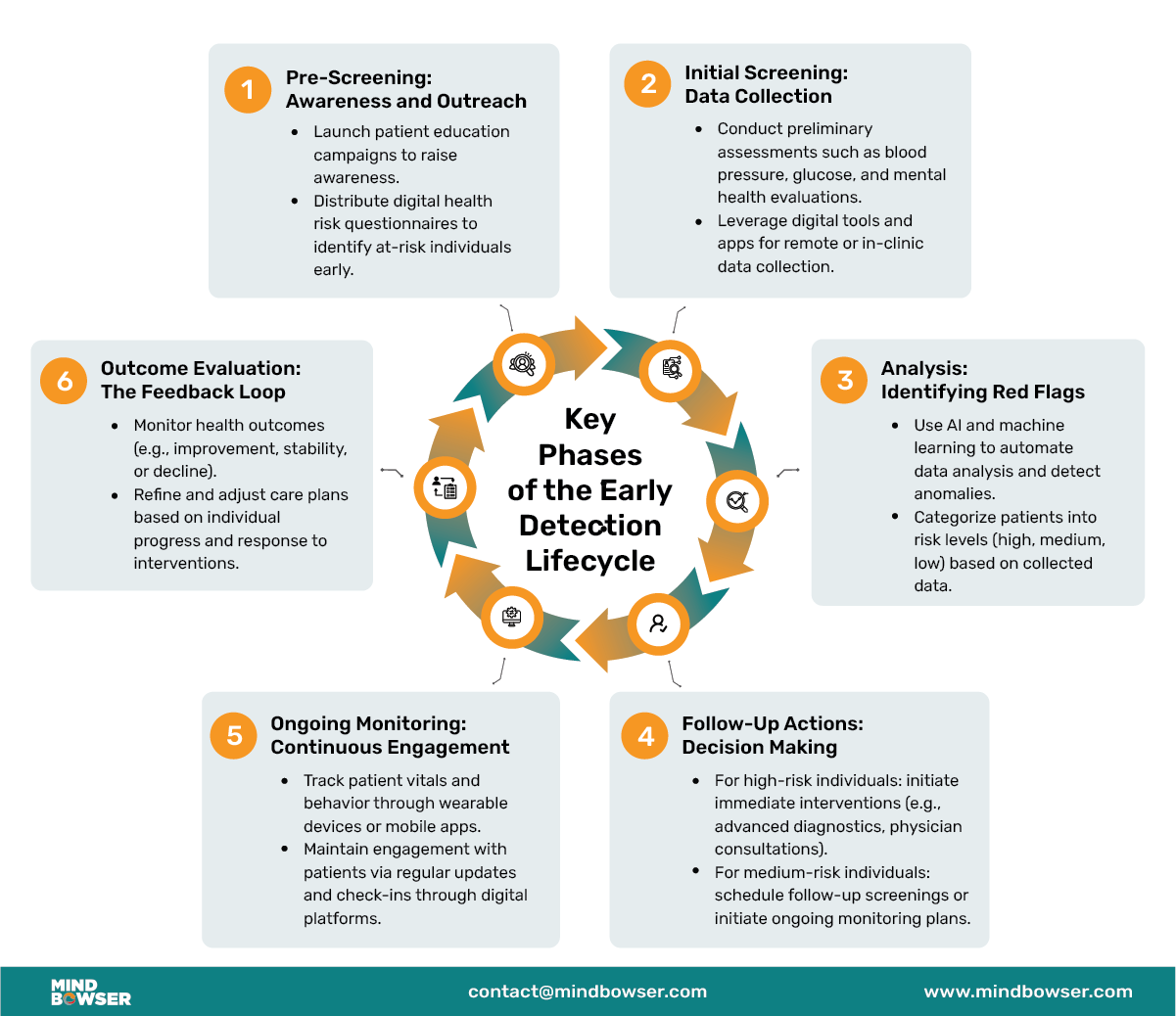
Traditional screening methods, while still valuable, have several limitations. For one, they often rely heavily on in-person visits and paper-based assessments, which can lead to delays in identifying health conditions. Patients may miss scheduled screenings or fail to follow up, and the results may not be available in real time for the healthcare provider to act upon quickly.
Additionally, data fragmentation is a common issue. Health data is often siloed across various systems, making it difficult for providers to get a comprehensive view of a patient’s health. This lack of integration can hinder the timely identification of issues that require attention.
Finally, the traditional approach may fail to engage patients in their care adequately. Patient engagement is critical for successful healthcare outcomes, and without ongoing interaction, many patients might not fully understand the importance of screenings or might not take the time to complete them.
Patient engagement plays a vital role in early detection. Engaged patients are more likely to complete health screenings, follow through with treatment plans, and make healthier lifestyle choices. A key challenge in healthcare today is ensuring that patients are active participants in their care, rather than passive recipients.
To increase patient engagement, healthcare providers can:
Digital tools, such as mobile apps or online questionnaires, can make health screenings easier for patients to complete. When screenings are accessible from home or via smartphones, patients are more likely to participate and keep track of their health regularly.
Related Read: A Step-by-Step Guide To Building Successful Mobile Application
Educating patients about the importance of regular screenings can help ensure they understand the potential benefits of early detection. Clear, empathetic communication about how screenings help identify issues early—before they become more serious—can motivate patients to stay engaged.
Rather than waiting for a patient to come in for an annual check-up, healthcare providers can implement regular touchpoints through digital platforms. These check-ins allow providers to continuously monitor patient health and detect potential issues early on.
The integration of early health screenings and patient engagement can not only improve health outcomes but also make healthcare systems more efficient and cost-effective. Here’s how:
Advancements in technology are transforming how healthcare providers deliver screenings and engage patients. Digital platforms, telemedicine, and AI-powered tools are improving the way healthcare data is collected, analyzed, and shared. These technologies can:
With these technological tools, healthcare systems can move away from reactive care and adopt a more proactive approach, catching health conditions early and reducing long-term healthcare costs.
Related Read: AI in the Doctor’s Office: How Artificial Intelligence is Transforming Healthcare Delivery
Several studies have demonstrated the profound impact of early detection on health outcomes. For example:
These statistics highlight the critical need for timely screenings and the role they play in improving both patient outcomes and overall healthcare efficiency.
Related Read: Streamlining Behavioral Healthcare with Epic EHR Integration
As healthcare continues to evolve, the focus on early detection and patient engagement will only increase. Technological advancements, such as AI, machine learning, and telehealth, are creating new opportunities to enhance these practices.
In the future, we can expect to see personalized health screenings that take into account individual health risks, lifestyles, and genetic factors. We’ll also see an increase in remote patient monitoring, allowing healthcare providers to track patients’ health outside of traditional visits, providing continuous care that is more aligned with a patient’s lifestyle.

Early health screenings and patient engagement are essential to improving the quality of care and reducing the burden on healthcare systems. By integrating these practices into healthcare workflows, providers can identify health conditions earlier, engage patients more effectively, and create more efficient, data-driven systems that improve patient outcomes.
As we move forward, embracing technology and encouraging proactive care will be the key to ensuring better health outcomes for all. It’s time for healthcare to become not just reactive, but truly proactive in preventing and managing conditions before they become a major burden.

We worked with Mindbowser on a design sprint, and their team did an awesome job. They really helped us shape the look and feel of our web app and gave us a clean, thoughtful design that our build team could...


The team at Mindbowser was highly professional, patient, and collaborative throughout our engagement. They struck the right balance between offering guidance and taking direction, which made the development process smooth. Although our project wasn’t related to healthcare, we clearly benefited...

Founder, Texas Ranch Security

Mindbowser played a crucial role in helping us bring everything together into a unified, cohesive product. Their commitment to industry-standard coding practices made an enormous difference, allowing developers to seamlessly transition in and out of the project without any confusion....

CEO, MarketsAI

I'm thrilled to be partnering with Mindbowser on our journey with TravelRite. The collaboration has been exceptional, and I’m truly grateful for the dedication and expertise the team has brought to the development process. Their commitment to our mission is...
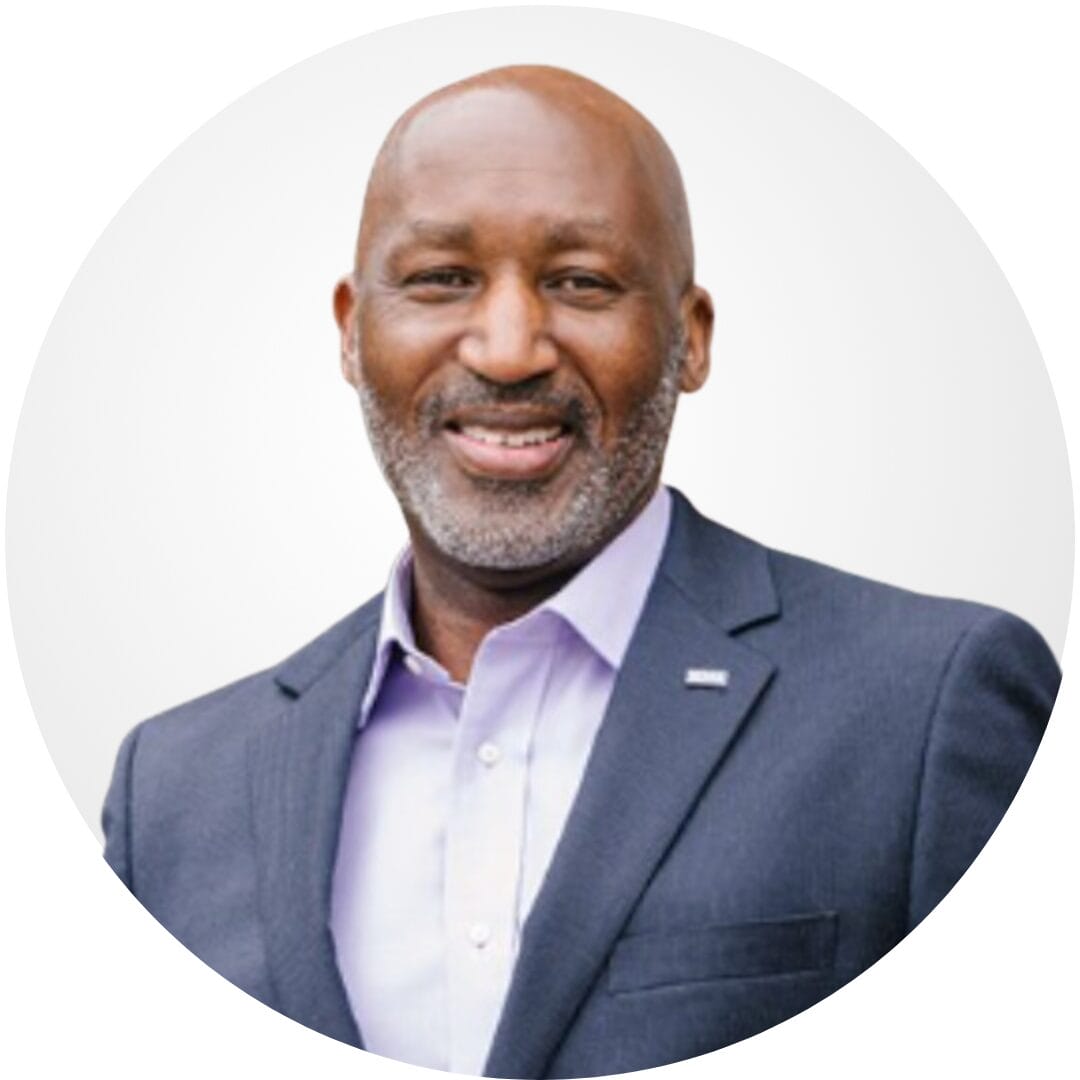
Founder & CEO, TravelRite

The Mindbowser team's professionalism consistently impressed me. Their commitment to quality shone through in every aspect of the project. They truly went the extra mile, ensuring they understood our needs perfectly and were always willing to invest the time to...

CTO, New Day Therapeutics

I collaborated with Mindbowser for several years on a complex SaaS platform project. They took over a partially completed project and successfully transformed it into a fully functional and robust platform. Throughout the entire process, the quality of their work...

President, E.B. Carlson

Mindbowser and team are professional, talented and very responsive. They got us through a challenging situation with our IOT product successfully. They will be our go to dev team going forward.

Founder, Cascada

Amazing team to work with. Very responsive and very skilled in both front and backend engineering. Looking forward to our next project together.

Co-Founder, Emerge

The team is great to work with. Very professional, on task, and efficient.

Founder, PeriopMD

I can not express enough how pleased we are with the whole team. From the first call and meeting, they took our vision and ran with it. Communication was easy and everyone was flexible to our schedule. I’m excited to...

Founder, Seeke

We had very close go live timeline and Mindbowser team got us live a month before.

CEO, BuyNow WorldWide

Mindbowser brought in a team of skilled developers who were easy to work with and deeply committed to the project. If you're looking for reliable, high-quality development support, I’d absolutely recommend them.

Founder, Teach Reach

Mindbowser built both iOS and Android apps for Mindworks, that have stood the test of time. 5 years later they still function quite beautifully. Their team always met their objectives and I'm very happy with the end result. Thank you!

Founder, Mindworks

Mindbowser has delivered a much better quality product than our previous tech vendors. Our product is stable and passed Well Architected Framework Review from AWS.

CEO, PurpleAnt

I am happy to share that we got USD 10k in cloud credits courtesy of our friends at Mindbowser. Thank you Pravin and Ayush, this means a lot to us.

CTO, Shortlist

Mindbowser is one of the reasons that our app is successful. These guys have been a great team.

Founder & CEO, MangoMirror

Kudos for all your hard work and diligence on the Telehealth platform project. You made it possible.

CEO, ThriveHealth

Mindbowser helped us build an awesome iOS app to bring balance to people’s lives.

CEO, SMILINGMIND

They were a very responsive team! Extremely easy to communicate and work with!

Founder & CEO, TotTech

We’ve had very little-to-no hiccups at all—it’s been a really pleasurable experience.

Co-Founder, TEAM8s

Mindbowser was very helpful with explaining the development process and started quickly on the project.

Executive Director of Product Development, Innovation Lab

The greatest benefit we got from Mindbowser is the expertise. Their team has developed apps in all different industries with all types of social proofs.

Co-Founder, Vesica

Mindbowser is professional, efficient and thorough.

Consultant, XPRIZE

Very committed, they create beautiful apps and are very benevolent. They have brilliant Ideas.

Founder, S.T.A.R.S of Wellness

Mindbowser was great; they listened to us a lot and helped us hone in on the actual idea of the app. They had put together fantastic wireframes for us.

Co-Founder, Flat Earth

Mindbowser was incredibly responsive and understood exactly what I needed. They matched me with the perfect team member who not only grasped my vision but executed it flawlessly. The entire experience felt collaborative, efficient, and truly aligned with my goals.

Founder, Child Life On Call

The team from Mindbowser stayed on task, asked the right questions, and completed the required tasks in a timely fashion! Strong work team!
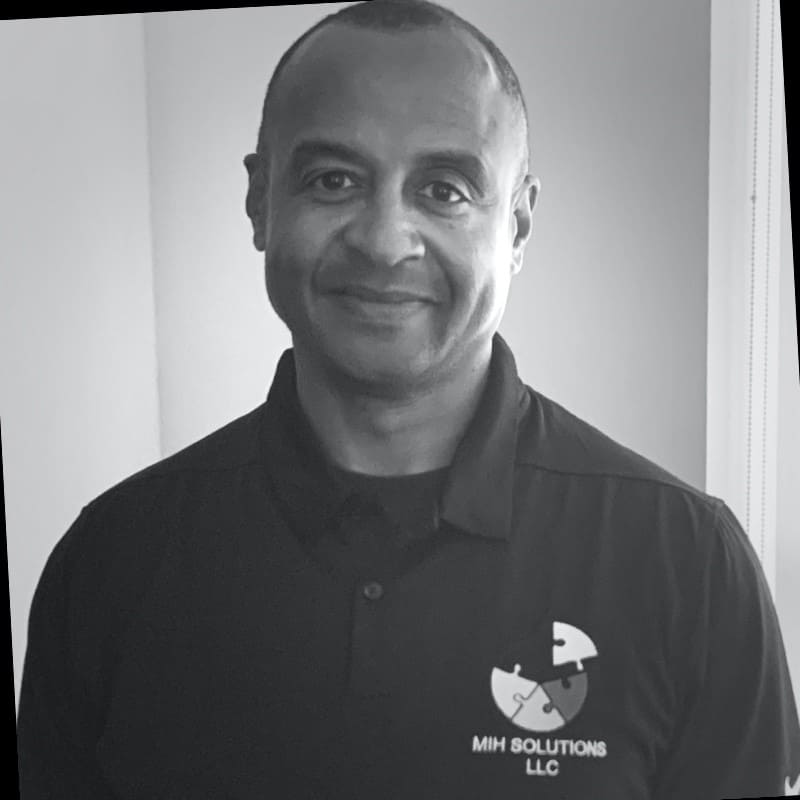
CEO, SDOH2Health LLC

Mindbowser was easy to work with and hit the ground running, immediately feeling like part of our team.

CEO, Stealth Startup

Mindbowser was an excellent partner in developing my fitness app. They were patient, attentive, & understood my business needs. The end product exceeded my expectations. Thrilled to share it globally.

Owner, Phalanx

Mindbowser's expertise in tech, process & mobile development made them our choice for our app. The team was dedicated to the process & delivered high-quality features on time. They also gave valuable industry advice. Highly recommend them for app development...

Co-Founder, Fox&Fork
